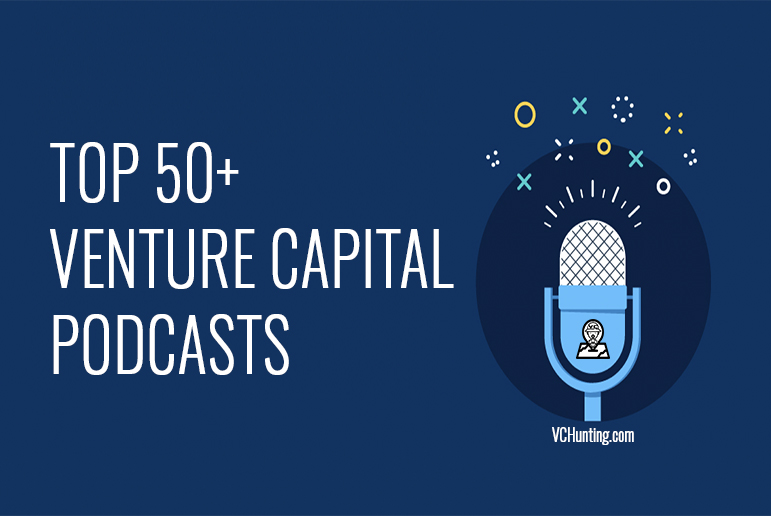The Perfect ScrumMaster Job Description

I was commissioned by a client to put together a ScrumMaster character profile for helping them choose good great ScrumMasters to join their team. Please do notice that no where in this job description is certification. I believe that a good great ScrumMaster is all about the character.
A high performing team, an active and involved Product Owner, and business support can help a new ScrumMaster do their job very well. Character, however, isn’t taught, it’s grown.
Make sure to check out of the other resources as well!
- Frequently Asked Questions about ScrumMastery for Management
- FAQ – On ScrumMaster Career Paths
- Essential ScrumMaster Interview Questions – Looking for a ScrumMaster job? You should probably know these things!
Top 10 Personal Skills for a ScrumMaster:
- Servant Leader – Must be able to garner respect from his/her team and be willing to get their hands dirty to get the job done
- Communicative and social – Must be able to communicate well with teams
- Facilitative – Must be able to lead and demonstrate value-add principles to a team
- Assertive – Must be able to ensure Agile/Scrum concepts and principles are adhered to, must be able to be a voice of reason and authority, make the tough calls.
- Situationally Aware – Must be the first to notice differences and issues as they arise and elevate them to management
- Enthusiastic – Must be high-energy
- Continual improvement – Must continually be growing ones craft learning new tools and techniques to manage oneself and a team
- Conflict resolution – Must be able to facilitate discussion and facilitate alternatives or different approaches
- Attitude of empowerment – Must be able to lead a team to self-organization
- Attitude of transparency – Must desire to bring disclosure and transparency to the business about development and grow business trust
Technical Skills:
- Understand basic fundamentals of iterative development
- Understand other processes and methodologies and can speak intelligently about them and leverage other techniques to provide value to a team/enterprise
- Understand basic fundamentals of software development processes and procedures
- Understand the value of commitments to delivery made by a development team
- Understand incremental delivery and the value of metrics
- Understand backlog tracking, burndown metrics, velocity, and task definition
- Familiarity with common Agile practices, service-oriented environments, and better development practices
*The above technical skills are nice-to-have, but not necessarilyrequired!
*EXTRA! – ScrumMaster Daily Check List
There is a reason why when you get on a flight the two pilots go through an intense check list. Why? Because check lists work. If you are the Perfect ScrumMaster, who passed all the ScrumMaster Interview Questions, this checklist may just help you:
Each day
- Can you see the taskboard?
- Does it have a full set of stories/tasks?
- Does the client know what’s been committed to on the board?
- Has it been updated since yesterday?
- Are there ‘you are here’ arrows?
- Are there stories awaiting done-done checking?
- Can you see the burndown?
- Has it been updated since yesterday?
- Is it under the glideslope?
- Can you see the release plan?
- Do you know what’s likely to be in the next iteration?
- Are most of next iteration’s stories now unblocked?
- Has there been a daily stand-up?
- Can you see the demo date? Is everyone who’s needed attending?
- Can you see the product owner’s name and contact details?
- Does the team believe in what they’re building, and why?
Each sprint
- Are there cutoff lines (with risk multipliers) on the release plan?
- Have all the clients seen the RP? Is there a stealth client?
- Do all the clients know the current velocity? Do you?
- Have we been paid for this iteration?
- Is there one email per completed iteration, showing stories completed, velocity, risks and projected scope?





Responses